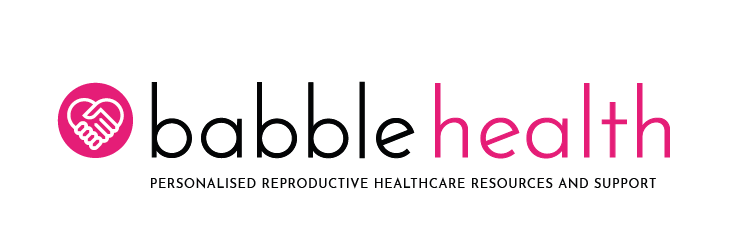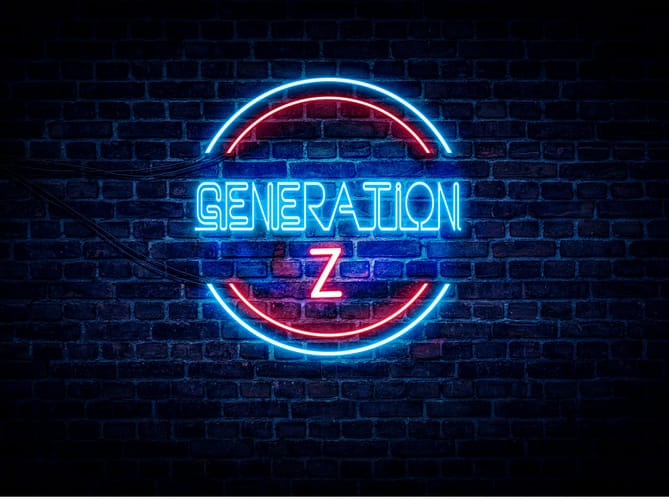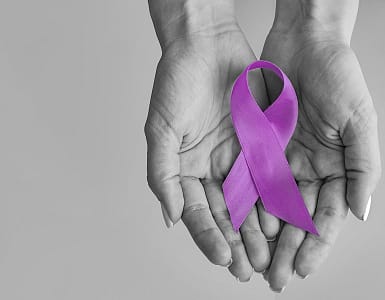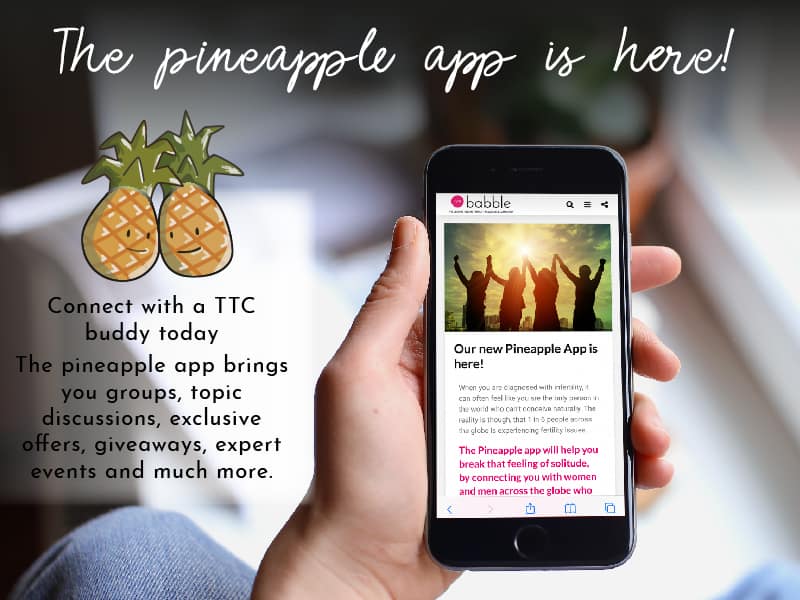In recent years, a new trend has been emerging among the members of Generation Z – the decision to freeze their eggs.
Traditionally seen as a procedure undertaken by older individuals who are concerned about their declining fertility, egg freezing has found its way into the consciousness of young adults as a means of taking control over their reproductive options and future.
Generation Z, born between the mid-1990s and early 2010s, has grown up in a world marked by rapid technological advancements, changing social norms, and evolving attitudes towards gender roles and family planning. These factors have undoubtedly played a role in shaping their perspectives on reproductive choices, and egg freezing is just one example of this evolving mindset.
For many in Gen Z, egg freezing is seen as a form of insurance against the uncertainties of life
As they witness the struggles of previous generations, the pressure to conform to traditional timelines for education, career, marriage, and parenthood appears to be diminishing. Instead, they value the freedom to explore their personal and professional aspirations without the constraints of a biological clock. By freezing their eggs at a younger age, they hope to preserve their fertility options, allowing them to pursue their dreams without the fear of reproductive limitations later in life.
Moreover, the concept of family is undergoing a transformation in the eyes of Gen Z
Many are embracing non-traditional family structures, including single parenthood, co-parenting, and chosen families. The decision to freeze eggs aligns with their desire to decouple parenthood from marriage or partnership and to create families on their own terms.
While this emerging trend reflects a sense of empowerment and agency, it also highlights some underlying societal issues. The cost of egg freezing can be substantial, making it a privilege that’s not accessible to everyone. This raises questions about equity and how only certain segments of the population can take advantage of such technology. Additionally, the social pressures and expectations that fuel the desire to freeze eggs early in life may inadvertently perpetuate the notion that a person’s worth is tied to their reproductive potential.
As Gen Z’s approach to egg freezing continues to evolve, it is crucial to consider the psychological, emotional, and ethical dimensions of this decision
Open conversations about reproductive choices, fertility education, and access to reproductive healthcare are essential to ensure that individuals can make informed decisions that align with their values and circumstances. Progressively more and more companies are now offering employees this opportunity and awareness.
The choice of Gen Z to freeze their eggs represents a departure from traditional reproductive narratives. Driven by a desire for autonomy and a reimagining of family structures, this trend offers a glimpse into how younger generations are reshaping the conversation around fertility, relationships, and personal aspirations.
As society grapples with these changes, it’s important to foster understanding, inclusivity, and support for all individuals, regardless of their chosen path.















